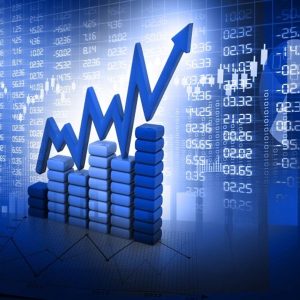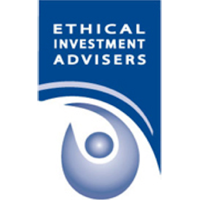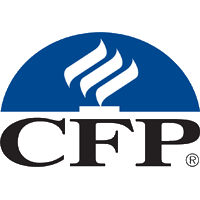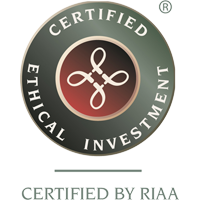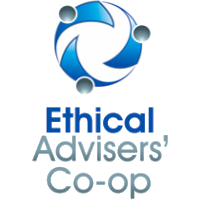Picture: Richard Whitfield
The Australian
May 26, 2018
Reporter
Melbourne
@RichAFerguson
Has the Banking Royal Commission proved there are ethical investors and unethical investors?
The banking sector needs to figure out how they align their values and understand what their customers actually want. The Responsible Investment Association has surveyed consumers and they expect super and other investments to be invested responsibly. They don’t want their CEO to be unfairly renumerated or doing things that are illegal. When banks and other financial institutions align their values with their customers, people may start trusting them again.
Some ethical ETFs have already dropped bank stocks. Is there is a case for taking banks and insurers off ethical investment lists?
We always look to write either a letter to the board, or a resolution at an AGM. And if nothing comes of that, divesting that stock. We’re about supporting or rewarding companies that do the right thing. We’re looking at how banks are responding to the commission, who is doing the right thing, and why are they doing it.
Can ethical investing make money?
The returns have been quite strong and been outperforming the average mainstream counterparts year on year. In 2017, the benchmark report showed that these funds had been outperforming competitors over three, five, and 10-year horizons. Responsible investment is not something that’s new. It’s something that’s been consistently setting ethical funds apart.
So you are saying that are you all doing well?
The reason for that is we know the companies we’re investing in so much better. We’re not just looking at a set of numbers. We’re looking at how they’re viewed by the community, how other stakeholders view them, how they treat their customers and what the diversity is like on their boards. And how they respond to questions — that speaks volumes about a company.
Tell us about your main fund.
We’ve run a mid-cap model portfolio for roughly four years which is fossil free, and we deliberately have a positive screen on that fund. We’re looking at companies that do good in the world as well as excluding all the obvious things. And it’s done 8.29 per cent since inception, as about July 30. For the past 12 months, it’s done 5.94 per cent. And for three years, it’s done 6.96 per cent. If there’s anything there that clients don’t like, we can exclude them from it. It’s only happened once or twice, but we want customers to know they have that freedom. Listening to clients is something the financial sector clearly needs to do more of.
What ASX-listed stocks are you interested in?
The majority is in renewables: companies like Meridian Energy are doing very well. There are stocks that are not necessarily aligned to an environmental output. Hub 24 (an investment platform) is a stock we own — it’s a financial tech company that helps ethical investors to invest in stocks that have just come to the country. Separately, we like stocks such as blood products group CSL, Freedom Foods and Select Harvest.
Coal is going for another run on the stock market. When will it no longer be an investment option?
It’s estimated there won’t be any coal-fired power in the electricity market by 2030. That’s quite soon really if you’re an investor. I can’t say when a coal stock will be suitable to sell, but I would be a bit concerned.
Do you invest in nuclear or uranium stocks?
My clients and I don’t support these stocks. There simply hasn’t been a decent response to how we deal with the waste. It’s not something that’s of interest to us when we have free sun and wind to back power (laughs).
It seems like ethical investing is becoming more built into the broader financial market now … would you agree?
One-hundred per cent. I don’t even mention it most of the time; it’s just part of what we do. We care about corporate governance and we do look at diversity on the boards. Not just gender diversity but diversity of expertise. You don’t want a board that agrees on everything, that would be boring, and gender and ethnicity are a part of that.
How did you get into ethical investing?
I was working at a large financial institution that helped wealthy individuals invest their money and I became dismayed at the lack of understanding in issues beyond finance. Investing my clients’ money in Coca Cola and tobacco seemed to me against the things I wanted to support. I couldn’t see why I wanted to invest in a company that hurts people’s health. The light bulb moment for me was watching Al Gore’s first film. I realised I could make a difference by helping people help the planet.
What are your own personal investments?
A lot of my money is in our mid-cap fund (laughs). My super and my personal assets are in there because that’s where my values lie.
What was your first big investment?
Starting this business I suppose, about 13 years ago, and just understanding that I could break away from traditional financial services. I’d encourage advisers who consider moving into ethical investment to do it. There’s better work-life balance and there’s great satisfaction in influencing and changing things like water scarcity and energy efficiency. It’s unbelievably rewarding.
This article was published in The Australian Weekend




